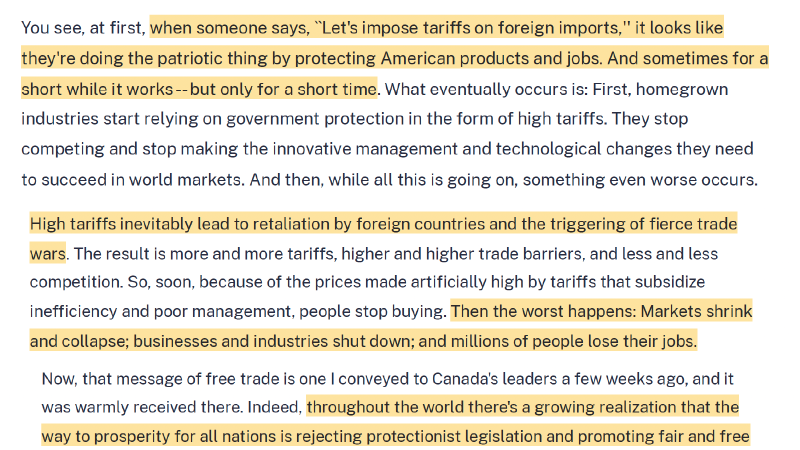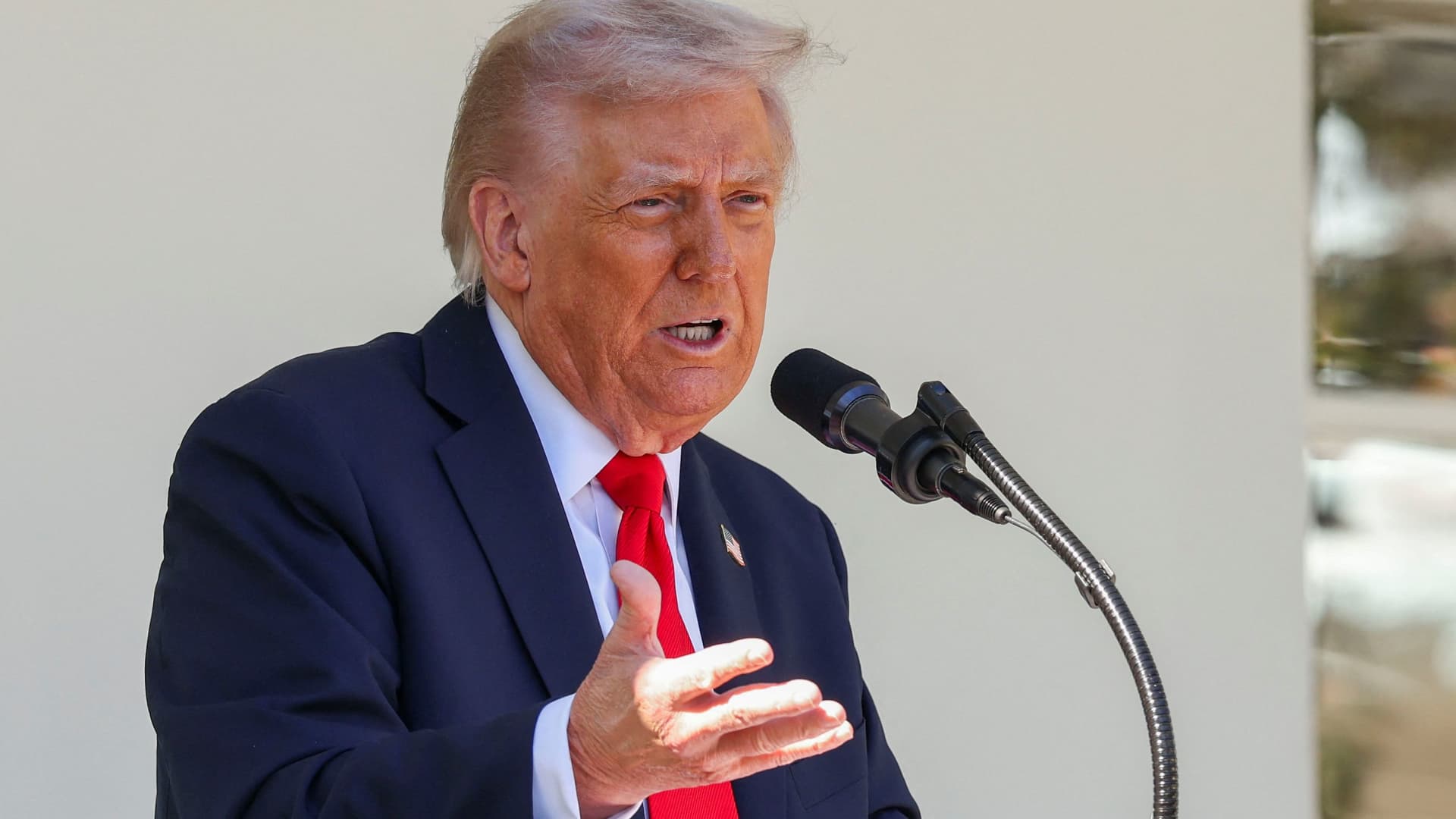- Retail traders tell BI they’re capitalizing on market volatility driven by Trump.
- Increased retail trading activity has led to record inflows and high sentiment scores.
- Investors are divided, with some cautious due to uncertainty and others seeking opportunities.
John Richardson, a 68-year-old retiree from Michigan, feels like there’s a lot of money to be made in the stock market right now.
Richardson, an active swing trader who’s been managing his own retirement accounts since 2019, told Business Insider this week that he expects the Trump administration to drive a lot of volatility across sectors this year, creating big opportunities for gains.
He’s eyeing stocks exposed to nuclear energy, AI data centers, and rare earth minerals.
“The reason people are getting in is because they kind of remember the wild rides of 2018 and 2019, and I think they think with all the White House rhetoric and tariffs, there’s just gonna be a lot of opportunities,” Richardson said.
“Whatever Trump says seems to spark something,” he added.
Richardson is among a throng of retail investors who are hitting the market in 2025 as stocks look to extend their bull rally to a third year.
Data from JPMorgan published last week found that retail traders have broken records since Donald Trump’s inauguration, investing billions of dollars in the market on various trading days earlier this month.
“Their daily inflow exceeded $2B twice last week – a level reached only 9 times in the past 3 years with 5 times occurring this year after the Inauguration,” JPMorgan analyst Emma Wu said.
JPMorgan’s proprietary retail sentiment score zoomed to about 4.0 earlier this month, the highest level on record and about one point higher than the meme-mania peak in 2021.
George B., a 32-year-old tech worker from Indiana, is riding the Trump wave in the stock market.
He told BI that he’s been actively trading his investment portfolio “a lot more than usual” since Trump won the election in November and expects Trump-induced volatility to create plenty of opportunities this year.
One of those opportunities has been Robinhood stock, which George owns. The stock soared earlier this week on a strong earnings report, which was driven by a surge in retail trading activity in both stocks and cryptocurrencies.
But while the data shows activity is high and sentiment is bullish, there are still cautious traders to be found among the retail cohort.
Ben Hunt, a recently retired digital marketer from Pikeville, Kentucky, said he’s been slowly taking money out of the stock market since Trump’s election win.
“I’ve been a seller for the past three months,” Hunt said. “Long term, I’m bullish forever, but over the next few quarters or even a year to 18 months, I’m being a little more cautious.”
Hunt said his portfolio is about 30% cash, and he plans to increase that to about 50% by the end of March.
He said he was able to retire at 46 thanks in part to gains in his stock portfolio, and his hesitation to be all in on the stock market right now is due to uncertainty surrounding the Trump administration’s agenda.
Ideally, Hunt said he would redeploy the cash after a market sell-off, but he’ll jump right back into the stock market if he is wrong.
“To be a good investor, you have to have perspective, and sometimes your thesis is wrong and you have to be able to adapt,” Hunt said. “I’m willing to buy higher and sell higher after that.”
William Mangum, a 26-year-old supply chain manager from Columbia, South Carolina, first entered the trading world in 2021.
“I had no idea what I was doing. It was right around the time the whole GameStop debacle happened,” Mangum said. “I’ve been trying to figure out everything since then.”
After a couple of years of trial and error, Mangum said things have started to “click” in his trading, which has seen an increase in activity since he secured full-time employment in 2024.
In 2025, Mangum said he’s scouring the market for opportunities away from the most crowded trades. He views mega-cap tech companies as “priced for perfection” and expects them to underperform the broader market for the year.
“I think small caps are the way to go this year,” Mangum said. His main strategy is to look for companies that are trading below their IPO price and are on the verge of profitability.
Stocks on his radar include Joby Aviation, Archer Aviation, and BlackBerry.
With the recent surge in pandemic-era darlings like Palantir and Robinhood, there seems to be a flavor of speculation in the markets that is reminiscent of the post-COVID boom times, when retail traders were highly active before the crushing 2022 bear market.
But that’s not necessarily a signal to sell, Hunt said.
“I don’t think we’ve reached the point of a blow-off top or complete exuberance just yet. There’s still quite a bit of pessimism and fear out there, and I call that keeping the porridge just right. I feel like we’re still sort of in that sweet spot,” Hunt said.
Recent sentiment data aligns with Hunt’s thinking. The CNN Fear And Greed Indicator is ping-ponging between the “Fear” and “Neutral” zones. The most recent AAII Investor Sentiment Survey showed a 52-week high in bearish responses, and sentiment for the S&P 500 and Nasdaq 100 is in “Extremely Bearish” territory, according to data from Stocktwits.
Richardson, who’s noticed a jump in online chatter among retail traders, had some advice for his peers.
“Retail has to remember, things go up fast and they go down fast. Take your profits and don’t be greedy,” he said.


